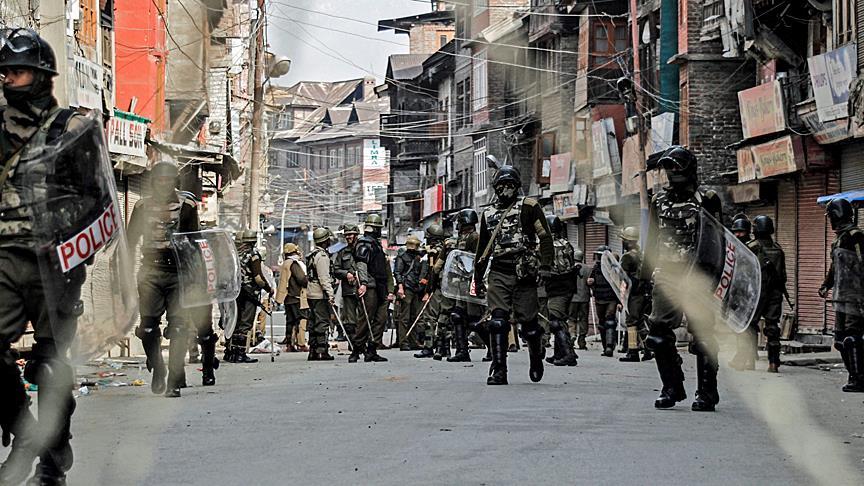Power politics has begun to dominate international relations and international institutions, such as the U.N., and other international platforms, such as those working to ensure free trade and human rights, have begun to lose their relevance.
The U.S. is the pioneering country of unilateral and arbitrary policies, imposing sanctions against a country, such as Iran or Russia, and expecting other countries to conform to the measures taken.
Washington does not take international institutions, like the U.N., or the universal principles of international law, most of which were developed by the U.S., seriously. The Iraq invasion in 2003 was a milestone in American unilateral policies since it was claimed that Saddam Hussein's government was in the process of producing weapons of mass destruction. However, it was proven wrong after the invasion. False and fake documents were used to justify the asymmetric war.
Unilateral and arbitrary policies have been generalized and normalized by President Donald Trump's administration. As soon as he came to power, Trump withdrew the U.S. from many multilateral and bilateral agreements.
Then, he took many unilateral foreign policy steps to force other countries to comply with the new American foreign policy. Eventually, the U.S. opened the way for other global and regional powers to follow a similar path in their foreign policies.
Among other decisions, the U.S. government has recognized the united Jerusalem as the capital of Israel and the annexation of Golan Heights, which belongs to Syria. Thus, the U.S. violated some of the basic principles of international law and acted against decisions made by the U.N. Security Council.
Unilateral policies by the U.S. have encouraged other global and regional countries to establish unilateral foreign policies. For instance, Russia has unilaterally annexed the Crimean Peninsula, which is historically part of Ukraine. Following the footsteps of the U.S., Russia and Israel, most recently India, under the control of an ultranationalist government, has taken controversial steps regarding Kashmir.
India's Hindu nationalist Bharatiya Janata Party (BJP) government, led by Prime Minister Narendra Modi, has revoked Article 370 of the Indian constitution, ending Indian-administered Kashmir's decades-long special status. The Kashmir territory is divided into three parts – Chinese, Pakistani and Indian.
The region has been a standing international crisis on the U.N.'s agenda since the independence of the old British colonies in the Indian subcontinent. India accepted a high degree of autonomy for its part since then.
However, in a surprise move, the BJP government issued an executive decree stripping away the region's autonomy, ensuring its own constitution and providing independence over all matters except foreign affairs, defense and communications.
Since Aug. 5, the Indian government has imposed a lockdown in the Kashmir region, cut all communication lines, restricted the movements of regional people and imprisoned many regional politicians who resist the unilateral move by the Indian government. The government has decided to impose direct rule from New Delhi.
The new atmosphere will facilitate the assimilation of Kashmir's Muslim majority and the regional demographic balances. The government is determined to encourage Hindus to move to Jammu and Kashmir, settle there and change the demographic structure. The fait accompli by the Indian government will only bring about social resistance, violence and political instability.
Even though many global and regional powers have condemned and expressed their concern over the unilateral and arbitrary Indian policy toward Kashmir, the Indian government continues its policy, violating basic human rights and causing many atrocities against regional people.
The Indian government has been encouraged by other states' pursuance of unilateral and arbitrary policies. Thus, this unilateral move causing international tension and increasing the risk of widespread human rights violations will only contribute to hatred among different ethnic groups and regional political instability. Eventually, it will be a counterproductive policy causing high costs to both sides of the crisis, namely Pakistan and India.
[Daily Sabah, 21 August 2019]








